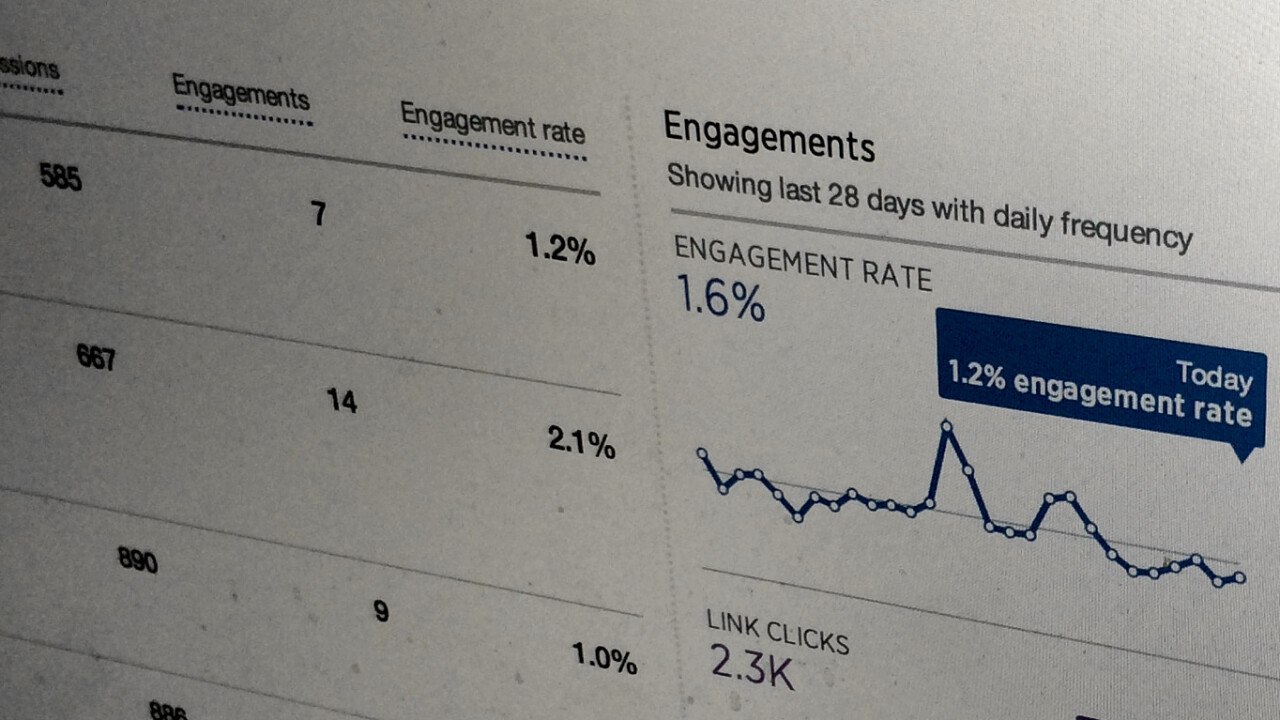
I’m impressed by the new Twitter analytics dashboard but I’m also a little concerned about what it might do to the way we tweet.
Among various charts and graphs, the dashboard – currently available to verified, and some unverified, users – gives a presumably accurate count for how many people have seen your tweets. Meanwhile, an ‘Engagement’ figure for each tweet counts clickthroughs to profile pages, clicks on hashtags, retweets, replies, link clicks and the like.
This is incredibly powerful data for social media marketers, but could we be spoiled by it as individual users?
I’ve bookmarked my analytics page and will no doubt check it regularly to see how I’m ‘performing’ but it’s data I might be better not knowing. I can imagine a near future where a lot of the human touch of Twitter is stripped away as users regularly check their stats, seeing what tweets are most popular and tweaking their ‘strategy’ to get more ‘engagement’ and reach a wider audience.
Imagine the ‘and-you’ll-never-believe-what-happened-next-ization’ that has affected online publications in recent times spreading to stats-hungry individuals. “I’ve just eaten a sandwich” replaced by “I’ve just eaten a #sandwich. Here’s a picture of it. Tell me about your favorite sandwich!”
Think that scenario’s unlikely? I’ve already seen people share their total monthly tweet impression counts. It’s like video games – who doesn’t want to get a higher score? Sure, we’ve had retweet and Favorite counts for some time (and some people’s tweets are definitely influenced by those), but the new analytics take data about our personal Twitter accounts to a whole new level. Even if we don’t deliberately change the way we tweet, subconciously it could be a different story.
Back in January this year, the New York Times’ Jenna Wortham expressed concerns that Twitter had become less about conversation and more about one-liners from retweet-hungry attention-seekers. At the time, I thought she should probably just follow some different people as it’s easy to fall into a clique of samey tweeters if you follow a lot of people from similar backgrounds. Sadly, now I fear that these new analytics may spread that addiction to popularity more widely. I hope I’m wrong.
Read: 7 key ingredients for a powerful Twitter bio (and yes we’re aware of the irony of linking to that at the end of this article)
Get the TNW newsletter
Get the most important tech news in your inbox each week.





